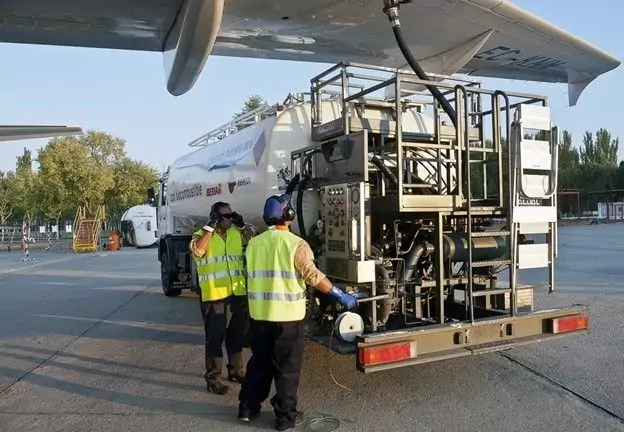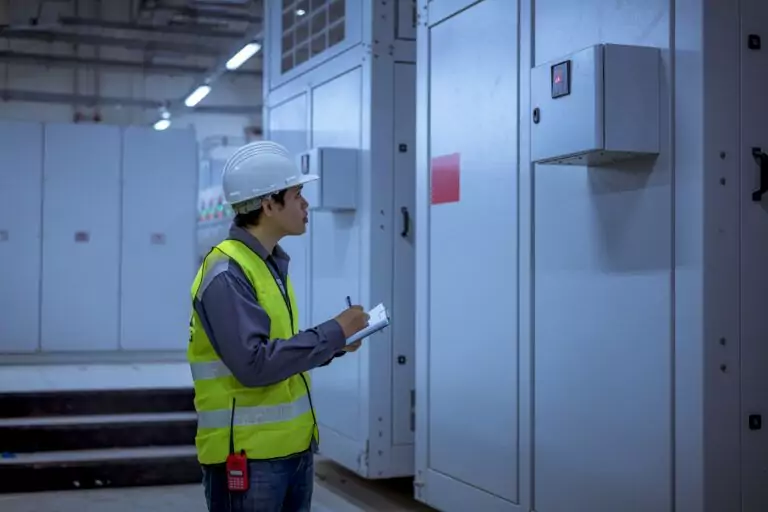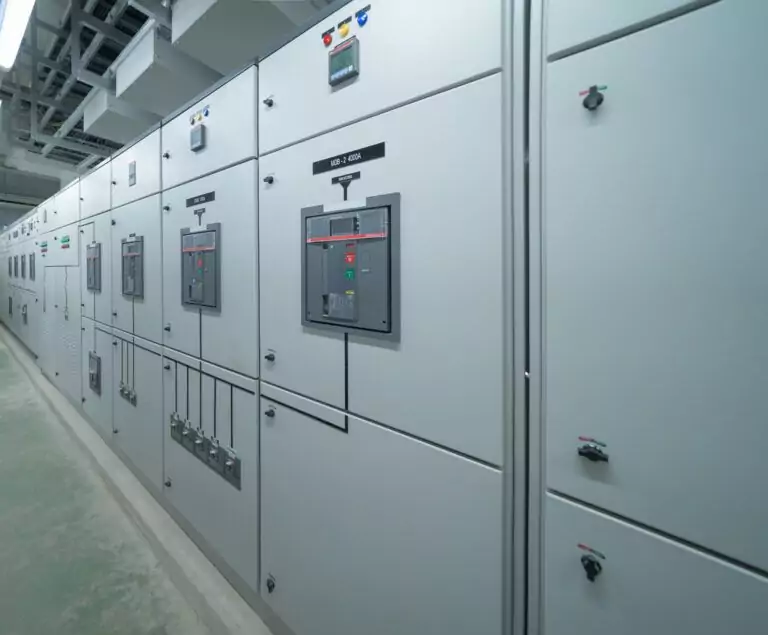The aviation sector is one of the modern world’s most crucial industries. It is also one of the largest contributors to carbon emissions.
In 2019, domestic and international passenger flights that took off from the United States emitted 179 million metric tons of the greenhouse gas. This makes the U.S. aviation industry the highest contributor to carbon dioxide (CO2) emissions globally.
This alarming statistic has been a wake-up call for a country that has demonstrated its willingness to achieve carbon neutrality by 2050.
Combined with the ever-rising petroleum prices, it has also emphasized the need for more low-carbon biofuels in the aviation industry. The result is a wealth of opportunities for change and growth.
The North American biofuels market was $47.2 billion in 2022 and is only expected to expand in the coming years as more airlines invest big in biofuels.
Why Developing Sustainable Airline Fuel is So Critical

Credit: Chokniti Khongchum via vecteezy.com
The U.S. Department of Energy estimates that with the right biofuel, emissions could be up to 165% lower than current rates.
Sustainable Airline Fuel (SAF) is a biofuel with similar properties to jet fuel. This means it can propel aircraft with a much lower carbon footprint. SAF is made from renewable biomass, such as corn grain, algae, manure, solid waste streams, and other types of wet and dry waste.
In the U.S., the Departments of Energy, Transport, and Agriculture have been working in tandem with other federal departments and engineering services to scale up biofuel production and technologies.
These organizations have noted that apart from the obvious benefits of reducing emissions, developing biofuels can also:
- Boost farmer revenue: Investment in biofuel helps farmers earn more money during the offseason—they can sell feedstock to a brand new market.
- Improve aircraft performance: SAF is a clean burning fuel, which has a positive impact on the performance of an aircraft engine.
- Enhance soil and air quality: Increased production of certain crops can reduce the risk of erosion, promote biodiversity, and improve water quality. SAF made from waste also reduces the amount of methane released into the atmosphere.
Biofuel: Opening Up New Avenues in Aviation

Credit: Refuel EC-KNM Iberia (CC BY 2.0), via Wikimedia Commons
So, what are the opportunities one can hope to benefit from when scaling up the production of biofuel?
Considering that the industry’s growth requires expertise in several disciplines, SAF production has the potential to open up many new economic avenues and create thousands of employment opportunities across North America.
By taking advantage of multi-discipline engineering consultants, jobs could be made available in the construction of biorefineries, manufacturing, infrastructure, farming communities, and the aviation industry.
Players who successfully navigate the challenges of scaling up in these sectors can benefit from a huge payoff. Many airline companies have shown serious interest in investing in biofuel.

Credit: © Raimond Spekking / CC BY-SA 4.0 (via Wikimedia Commons)
In 2022, United Airlines Ventures announced it was investing $37.5 million in NEXT Renewable Fuels to build a flagship biofuel refinery in Oregon. This will help NEXT in its goal to produce up to 50,000 barrels of SAF, renewable diesel, and other fuels every single day.
The Houston-based NEXT is seen as a major industry player because of its unique refinery design, access to a deep-water port, multi-modal logistics options, and feedstock options. This investment can help the organization take further steps in exploring biofuel opportunities and produce SAF on a larger scale—another critical step for the overall industry.
This is United Airlines Ventures’ fifth investment in green technology as part of its committed goal of zero net emissions by 2050. In 2021, United Airlines was the first aviation company to fly a passenger plane using 100% sustainable fuel.
Other airline carriers in North America, such as JetBlue and Virgin Atlantic, have also been experimenting with biofuels in passenger flights over the last few years.
In Canada, the New York-based Air Company signed a deal earlier this year to provide Air Canada with SAF by 2025. The company has said this biofuel will be entirely independent of fossil fuels and cut emissions by 94%.
The push for SAF in Canada was also endorsed by the CEO of WestJet, who has said that the country has all the necessities to facilitate biofuel production.
The North American demand for biofuels is expected to increase, bringing with it a wealth of opportunity. Market growth is projected to be $1.31 billion by 2026, with companies like Exxon Mobil investing up to $600 million in biomass like algae.
Challenges of Developing Sustainable Aviation Fuel

Credit: Puwadon Sang-ngern via vecteezy.com
That said, this opportunity isn’t without its challenges. To make the most of this growing industry, project developers face issues related to production economics, engineering processes, and certifications.
The biggest hurdle in production economics is reducing biofuel costs to match traditional jet fuel. This can only be done by lowering production costs and increasing feedstock availability.
Another significant challenge involves the technical expertise and infrastructure required to scale operating production facilities. This can only be done with the assistance of multi-discipline engineering consultants.
The Bottom Line: A Win-Win Situation
Biofuel companies are well poised to take advantage of one of the largest growing markets in North America and be rewarded with long-term agreements with some of the biggest airlines in the world. With these developments, the aviation industry can get closer to the goal of net zero emissions by 2050.
To truly benefit from this win-win situation, companies must focus their attention on biofuel engineering and refinery design to face some of the major challenges SAF production poses.
Fortunately, they will not have to navigate this alone…
Are you planning to make your mark on the biofuel industry?
Vista Projects is an integrated engineeringThe process of integrated engineering involves multiple engineering disciplines working in conjunction with other project disciplines to e... services firm able to assist with your sustainable aviation fuel or other biofuel projects. With offices in Calgary, Alberta, Houston, Texas, Muscat, Oman, we help clients with customized system integration and engineering consulting across all core disciplines. Contact us today!
feature image: Credit: Oleg Gapeenko via vecteezy.com









